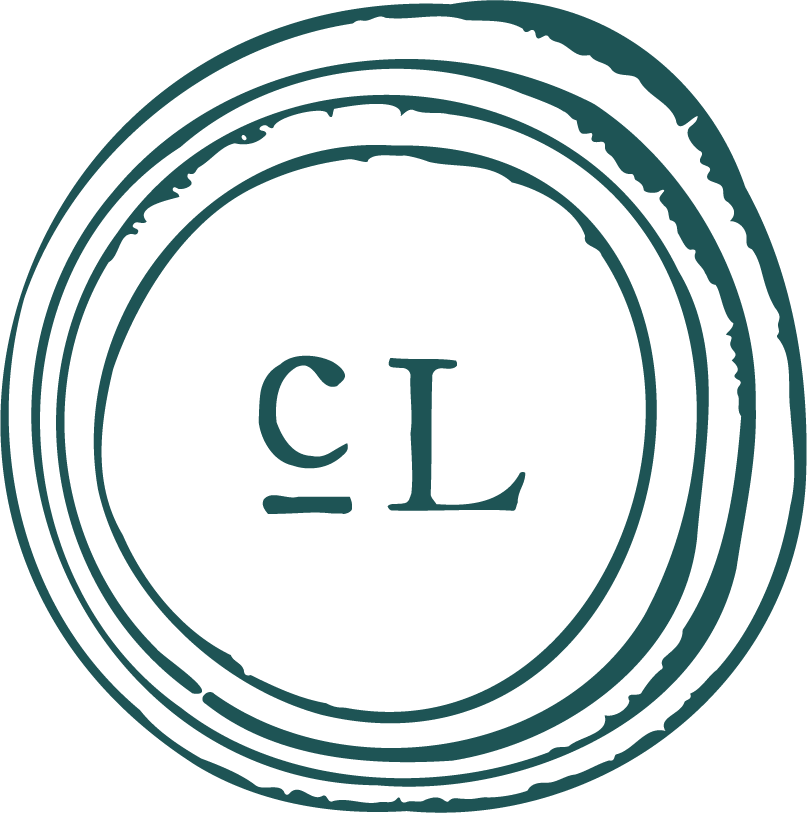Understanding Depression: The Role of Inflammation and Gut Health
Set aside the one gene, one illness, and one pill paradigm that so characterizes Western medicine.
Consider the possibility that depression may not be a disease rooted in the brain.
Then ask yourself, “Why?” Why do you have depression? Why do so many people you know struggle with depression? Why is depression epidemic?
Consider that depression is a symptom, a symptom of alterations in the immune system and the activation of inflammatory pathways. The brain is directly connected to the immune system by lymphatic pathways. Therefore, to heal depression, you have to decrease inflammation. To decrease inflammation, you have to heal your gut. Hippocrates said long, long ago, “all disease begins in the gut.” The primary production site of neurotransmitter production is the gut. If your gut is not balanced, you cannot produce optimal levels of serotonin and other neurotransmitters, the hormones that affect mood.
High levels of inflammatory markers indicate the immune system is active, and this increases the risk of depression. Many people will heal from depression when it is treated as the (at least partial) inflammatory disease that it is, right there, along with heart disease, arthritis, and diabetes.
Nutrition and exercise are foundational to a functional approach to depression. Food is your first medicine. An anti-inflammatory diet is essential to healing depression. This means no processed food, no sugar, and no alcohol. People with depression (and really all of us) benefit from eating lots of vegetables and colorful foods, small amounts of complex carbohydrates, and lean protein. Be mindful of gluten, corn, dairy, sugar, and soy consumption. These foods are known to be inflammatory for many. Exercise decreases inflammation and raises neurotransmitter levels and is, therefore, crucial to healing depression.
Herbs and Supplements to Support Mood:
Once you have your food and exercise routine in order, you may want to consider consulting a functional medicine practitioner to further improve your gut health. Along with a balanced diet and regular exercise, various herbs and supplements can assist in improving mood and in the treatment of depression.
Here are some herbs that show some promise:
St. John’s Wort: Known for its efficacy in treating mild to moderate depression.
Ashwagandha: An adaptogen that reduces stress and anxiety.
Rhodiola Rosea: Helps reduce fatigue and improve mood.
Chamomile: Calming effects that help with anxiety and sleep.
Lavender: Used in aromatherapy to reduce anxiety and improve mood.
Lemon Balm: Reduces anxiety and improves sleep quality.
Holy Basil (Tulsi): Reduces stress and promotes emotional well-being.
Ginkgo Biloba: May enhance cognitive function and reduce anxiety.
Additionally, these supplements may be beneficial for mood support:
Omega-3 Fatty Acids: Essential for brain health, can reduce depressive symptoms.
Probiotics: Support gut health, crucial for mood regulation.
Vitamin D: Important for mood regulation, especially if deficient.
B Vitamins: Essential for brain function and mood regulation.
Magnesium: Helps alleviate depression and anxiety.
SAM-e: Naturally occurring compound that supports mood.
5-HTP: A precursor to serotonin, can improve mood.
L-Theanine: Promotes relaxation and reduces anxiety.
Curcumin: Anti-inflammatory and mood-boosting properties.
Zinc: Essential mineral for mood improvement and reducing depressive symptoms.
Integrating herbs and supplements into your lifestyle can augment sound nutrition and regular movement all with the goal of mood support. Do consult with your practitioner to develop a personalized plan.
If you are looking to read more about a functional medicine approach to mood support, I highly recommend The Anatomy of Anxiety by Dr. Ellen Vora.
Depression may be your body’s way of letting you know it would like you to take better care of it! What you eat and how you move have profound effects on your physiology, so start there and do what you can. Then, with expert guidance, consider building on that strong foundation with herbs and supplements, and medication if desired or needed, and see how well you can feel.
As with all of the advice in my social posts, blog, etc., please consult with your healthcare provider before starting a new diet, fitness, supplement, or treatment regimen. This information is for educational purposes only and does not replace the advice of your healthcare provider.
You might think of these posts (or my book) as a way for you to start the conversation with your healthcare provider about the changes you're interested in implementing.



